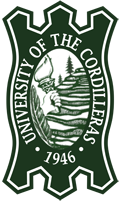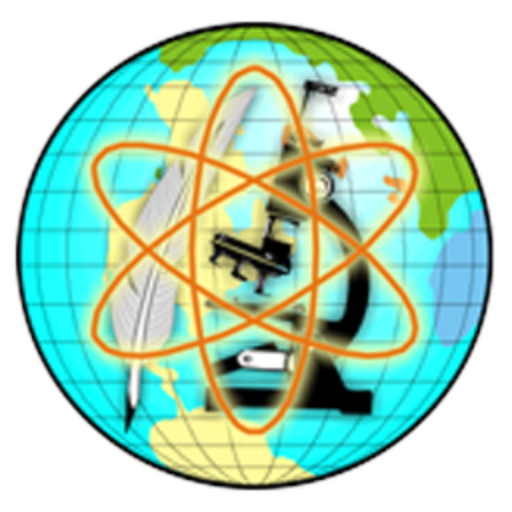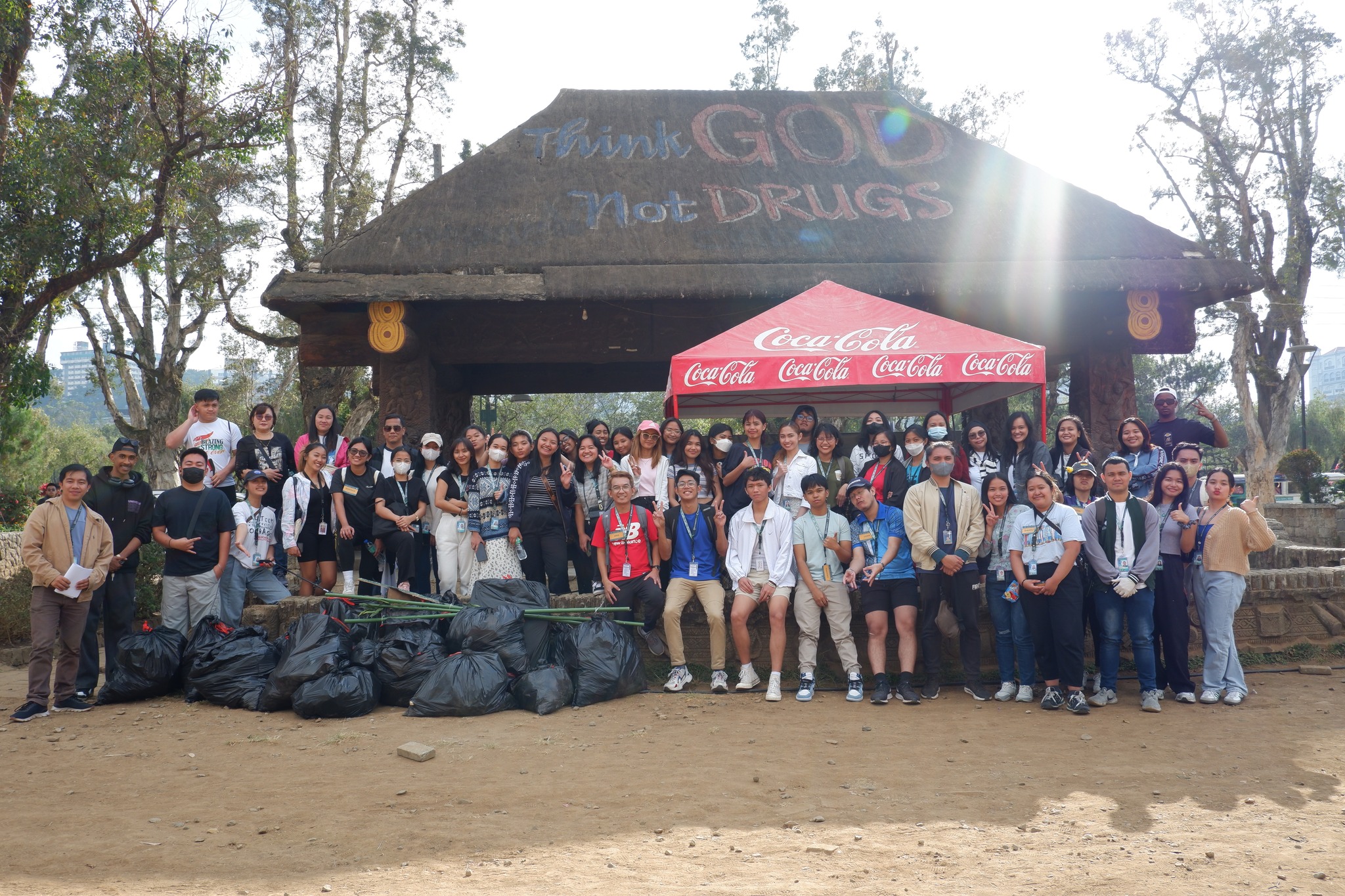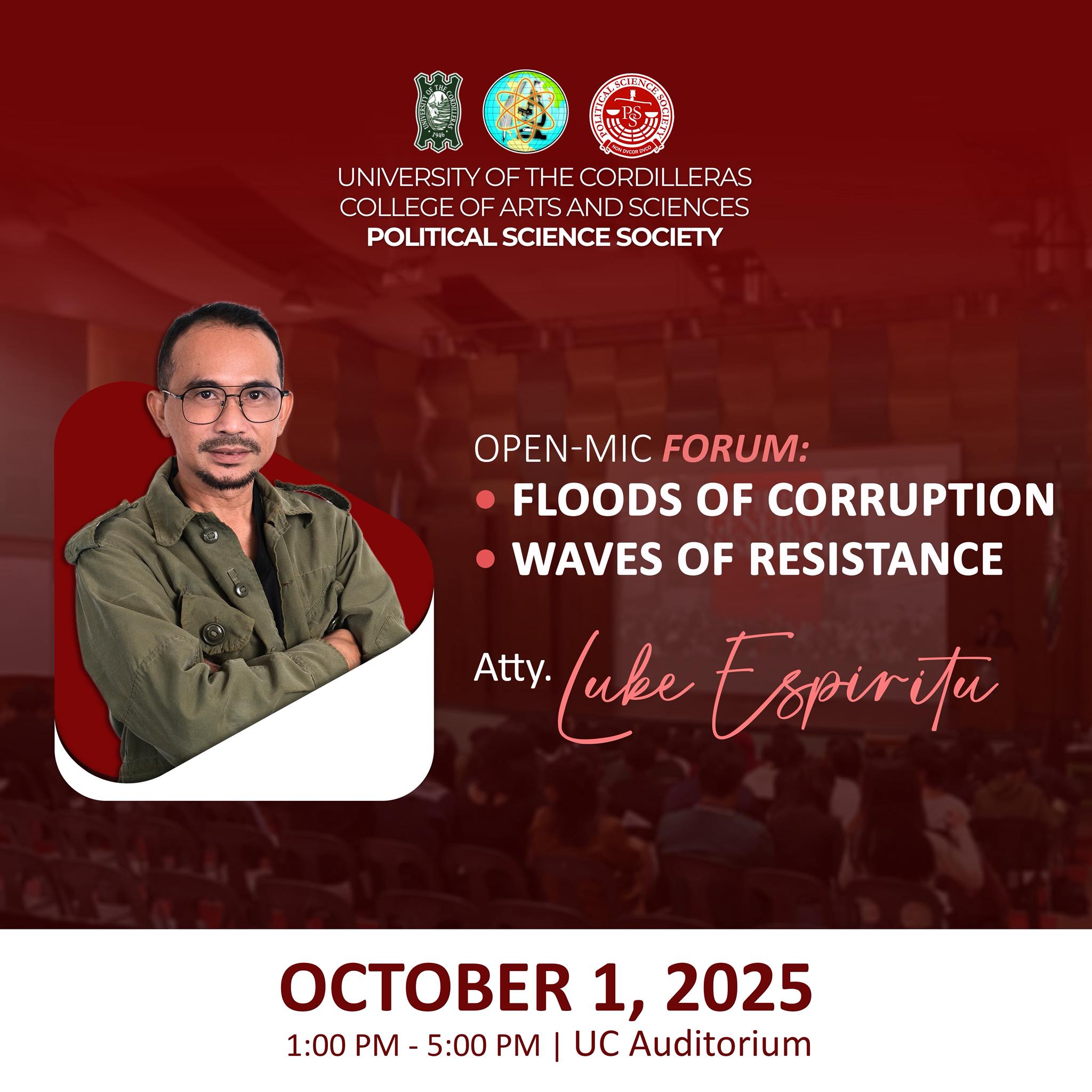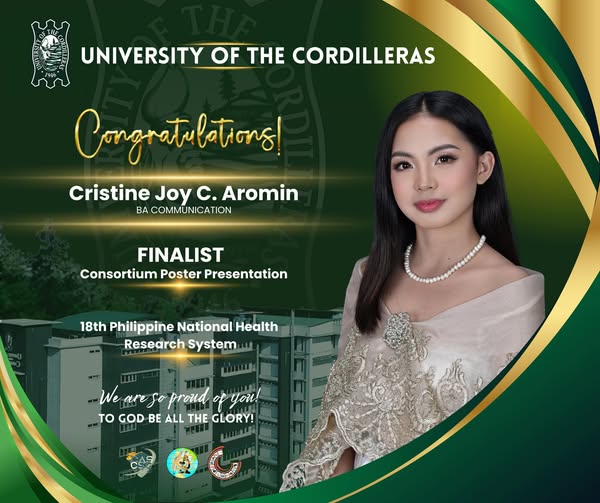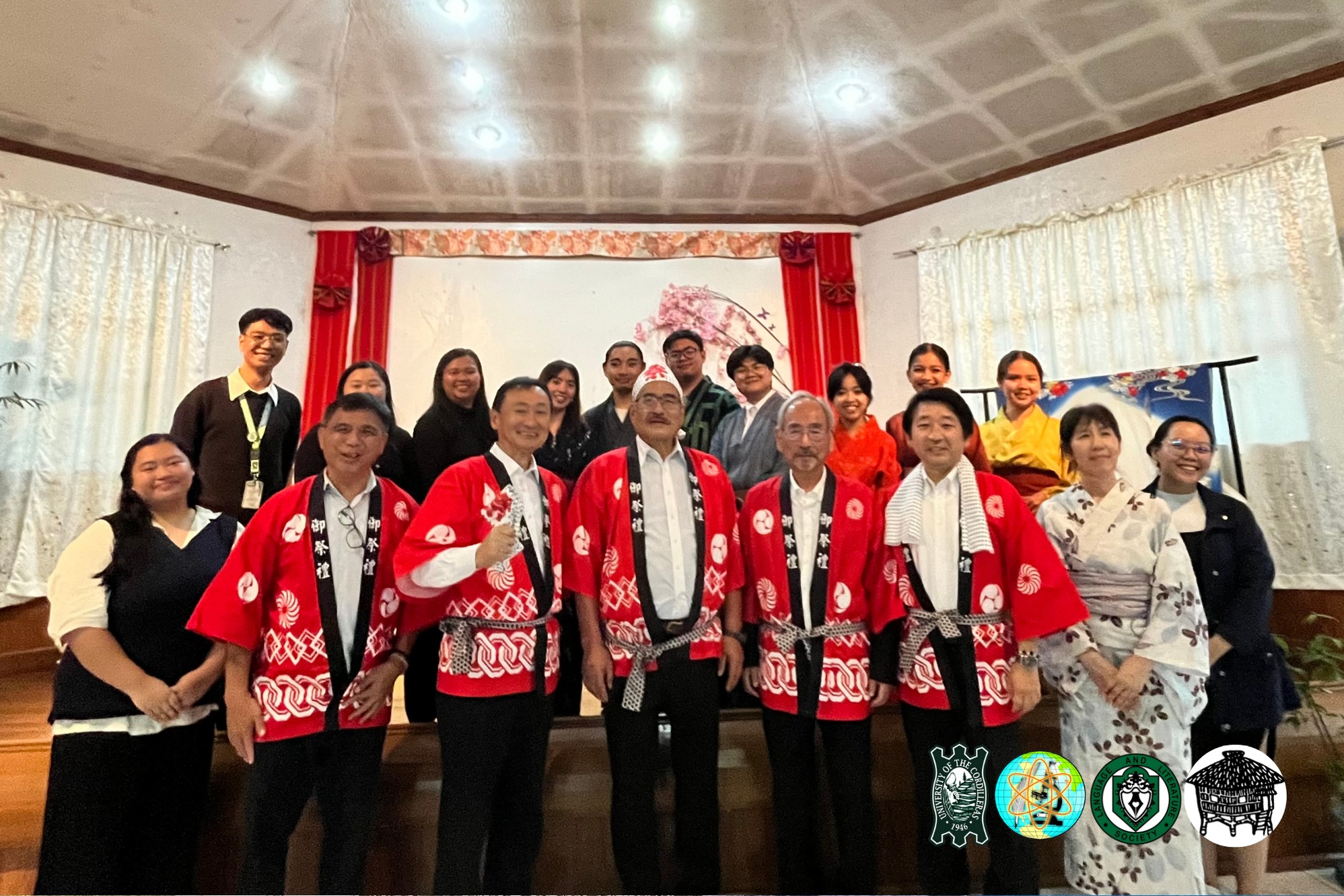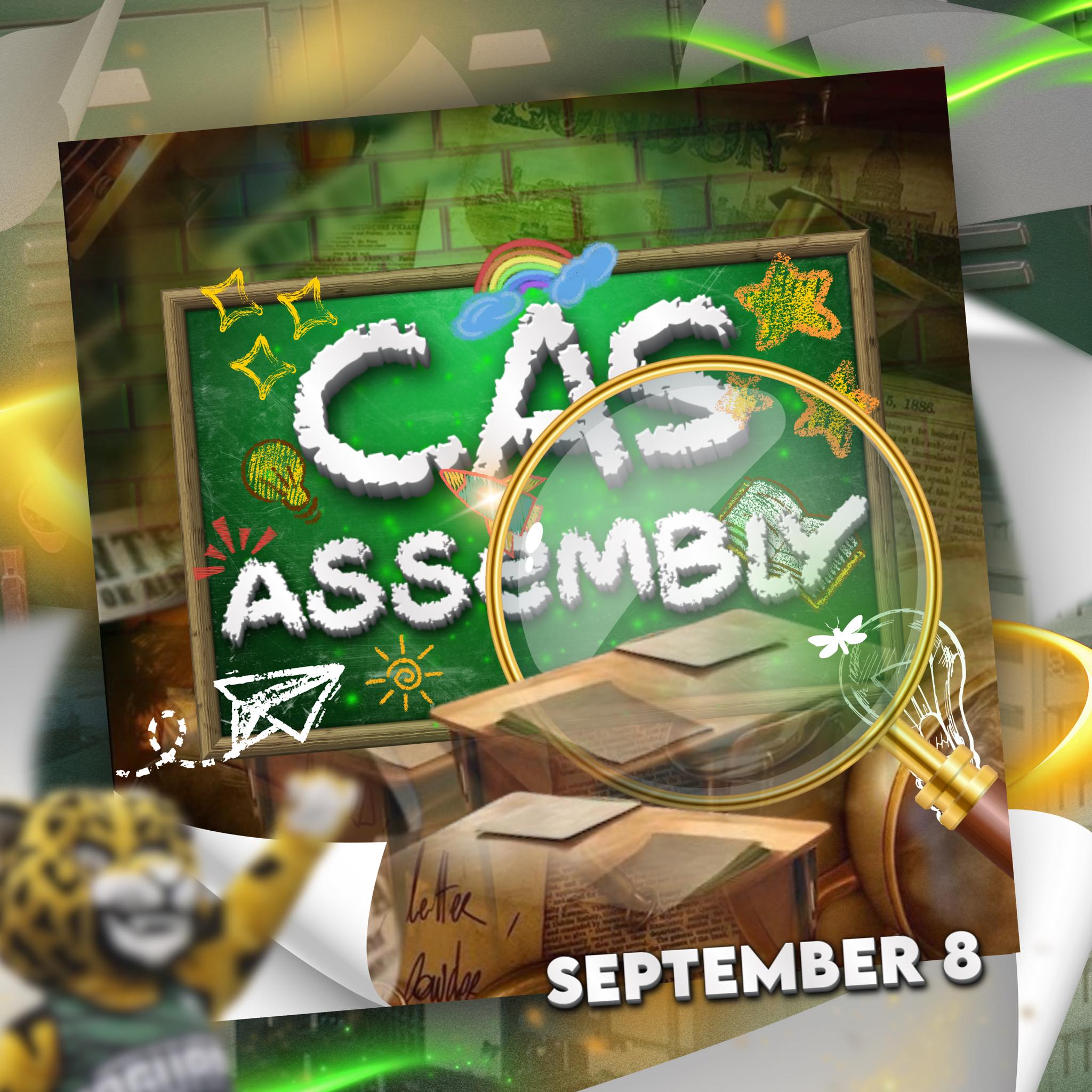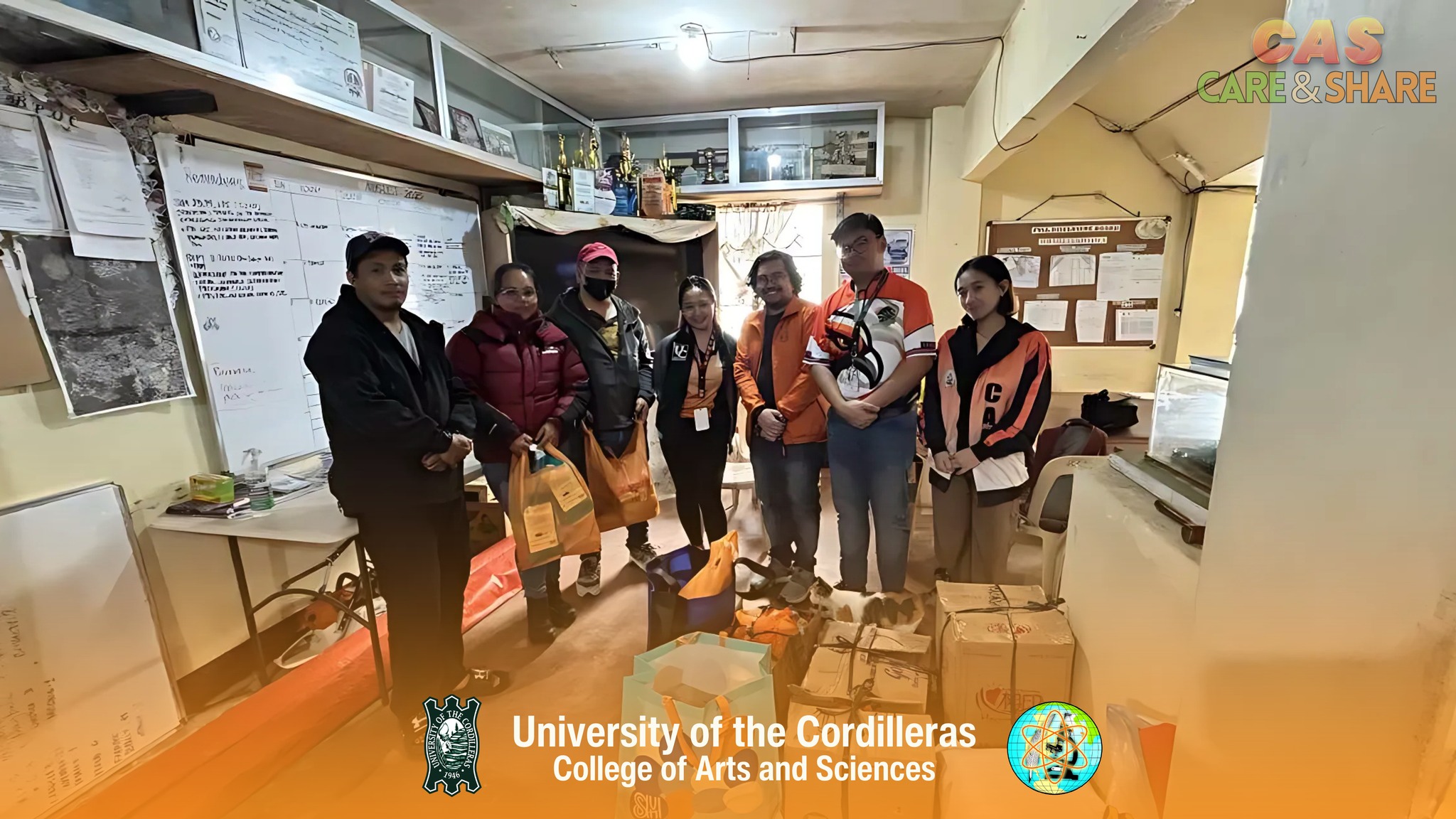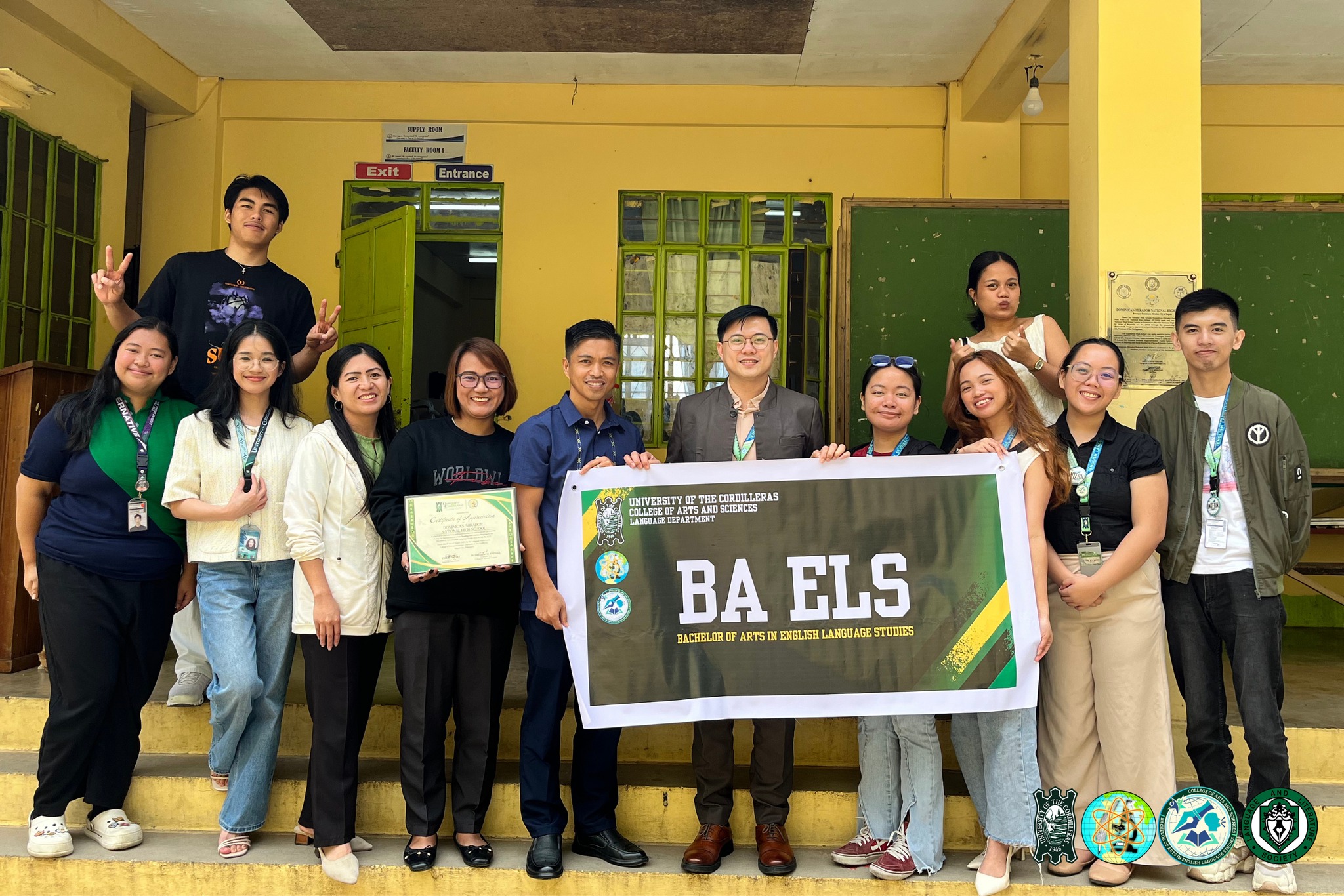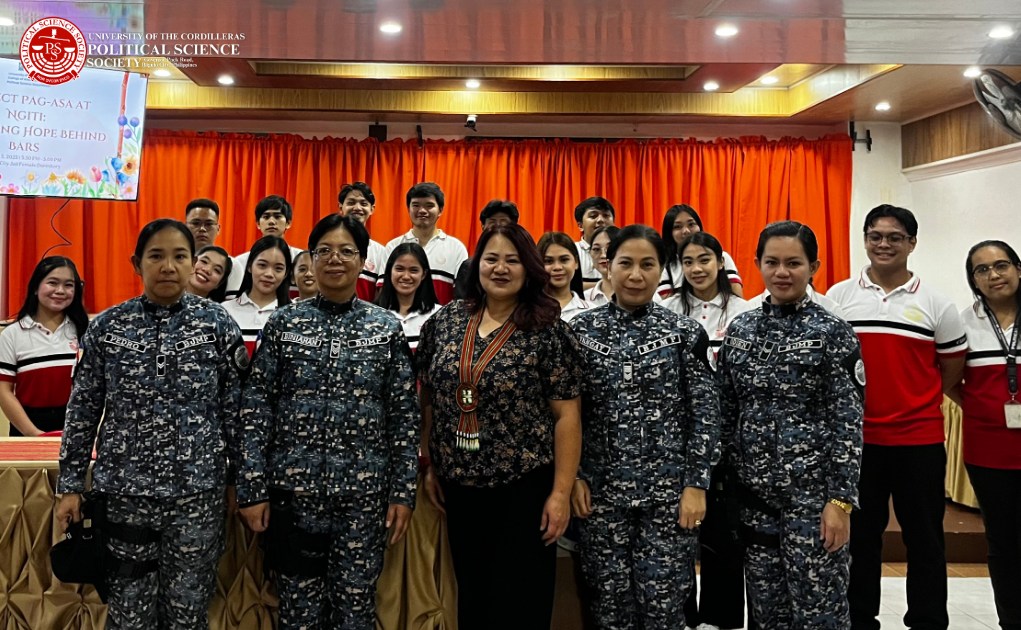by UC Biology Society
On February 27, 2024, the University of the Cordilleras Biology Society, together with its dedicated instructors, successfully conducted a Pick-Up Drive at Burnham Park, Baguio City. This initiative, titled “BIOnihan Para sa KaliCASan,” showcased the collective effort of students and faculty in promoting environmental stewardship and sustainability within the community.
The activity aimed to raise awareness about the importance of maintaining clean public spaces while fostering camaraderie among participants. Equipped with gloves, trash bags, and a shared commitment to sustainability, volunteers worked hand in hand to collect and properly dispose of waste around the park. Through this hands-on engagement, students not only demonstrated their concern for the environment but also embodied the values of civic responsibility and ecological consciousness.
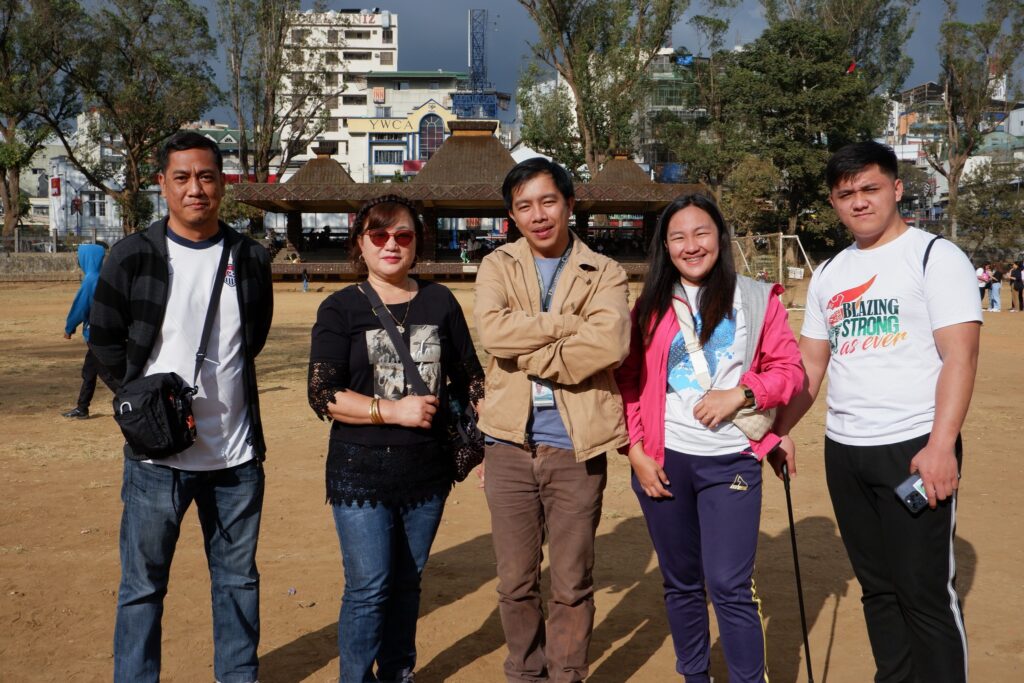
This community-driven project strongly aligns with the United Nations Sustainable Development Goals (SDGs) — particularly SDG 13 (Climate Action), SDG 15 (Life on Land), and SDG 11 (Sustainable Cities and Communities).
Under SDG 13: Climate Action, the activity supports Target 13.3, which aims to improve education, awareness-raising, and human and institutional capacity on climate change mitigation and adaptation. The event provided students with a concrete opportunity to act on their environmental knowledge, turning awareness into meaningful, real-world impact.
In relation to SDG 15: Life on Land, the initiative advances Target 15.1, focused on ensuring the conservation, restoration, and sustainable use of terrestrial ecosystems, and Target 15.5, which calls for urgent action to reduce habitat degradation and biodiversity loss. By cleaning and maintaining the natural beauty of Burnham Park, participants helped protect one of Baguio City’s key green spaces, reducing pollution that harms local flora and fauna.


Furthermore, the project also contributes to SDG 11: Sustainable Cities and Communities, particularly Target 11.6, which seeks to reduce the adverse environmental impact of cities through better waste management. The proper collection and disposal of litter from public spaces exemplify how communities can take simple yet effective steps toward building cleaner, more sustainable urban environments.
By translating environmental awareness into tangible community action, the UC Biology Society reinforces the University’s commitment to sustainability, social responsibility, and local engagement. Initiatives like BIOnihan Para sa KaliCASan exemplify how academic communities can become catalysts for a cleaner, greener, and more sustainable future.
